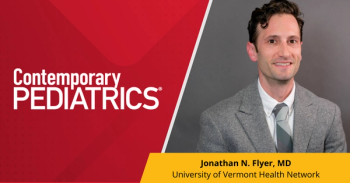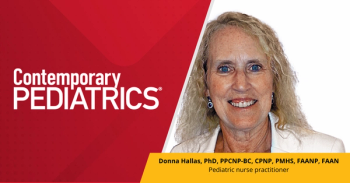
Journal Club: Parents worry about medical errors during hospitalization
Investigators at a tertiary-care children's hospital in Seattle, Washington, designed a survey to determine what proportion of parents are concerned about medical errors during their child's hospitalization.
Investigators at a tertiary-care children's hospital in Seattle, Washington, designed a survey to determine what proportion of parents are concerned about medical errors during their child's hospitalization. They also assessed the association of this concern with parents' level of confidence (self-efficacy) about interacting with their child's physicians.
The 130 parents of admitted children who took the survey (which was available in Spanish as well as English) were asked to respond to this statement: "When my child is in the hospital I feel that I have to watch over the care that he/she is receiving to make sure that mistakes aren't made." Parents recorded their level of agreement with the statement using a 5-point scale that ranged from "strongly agree" to "strongly disagree." Investigators also gauged parents' confidence about interacting with healthcare providers via a 5-point self-efficacy scale, ranging from "not at all confident" to "very confident." Finally, they used another 5-point scale to measure parents' comfort in communicating with their child's doctor in English.
Eighty-two parents (63%) "agreed" or "strongly agreed" with the statement about needing to ensure that mistakes are not made when their child was hospitalized. Being nonwhite and having lower English proficiency (participants with one of these characteristics generally also had the other) were significantly associated with this perception. Indeed, all parents who were "very uncomfortable" communicating with doctors in English reported that they needed to watch over their child's care to prevent mistakes. Parents who expressed the most confidence in physician interactions were least likely to report needing to watch over their child's care: 51% of parents whose self-efficacy scores were in the 75th percentile felt the need to watch over their child's care to prevent medical errors compared with 72% of those in the 25th percentile (Tarini BA, et al. J Hosp Med. 2009;4[9]:521-527).
The authors wonder if 63% parental concern is too low a figure, because concern is appropriate and may motivate parents to become more vigilant about their child's medical care, or too high a figure, indicating that parents feel powerless to prevent potential errors. I remember my father saying, "I'm your father, it's my job to worry" and think that this figure may be too low. Hospitals are scary places for children. Errors, even high-stake errors, are common. Parents are right to be worried and watchful. Perhaps we should acknowledge parents' concerns and work to empower them to be guardians for their hospitalized children. The Joint Commission's Speak Up program (
Newsletter
Access practical, evidence-based guidance to support better care for our youngest patients. Join our email list for the latest clinical updates.









